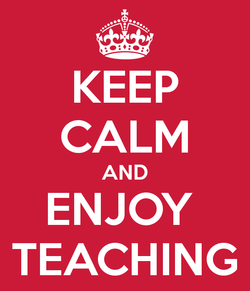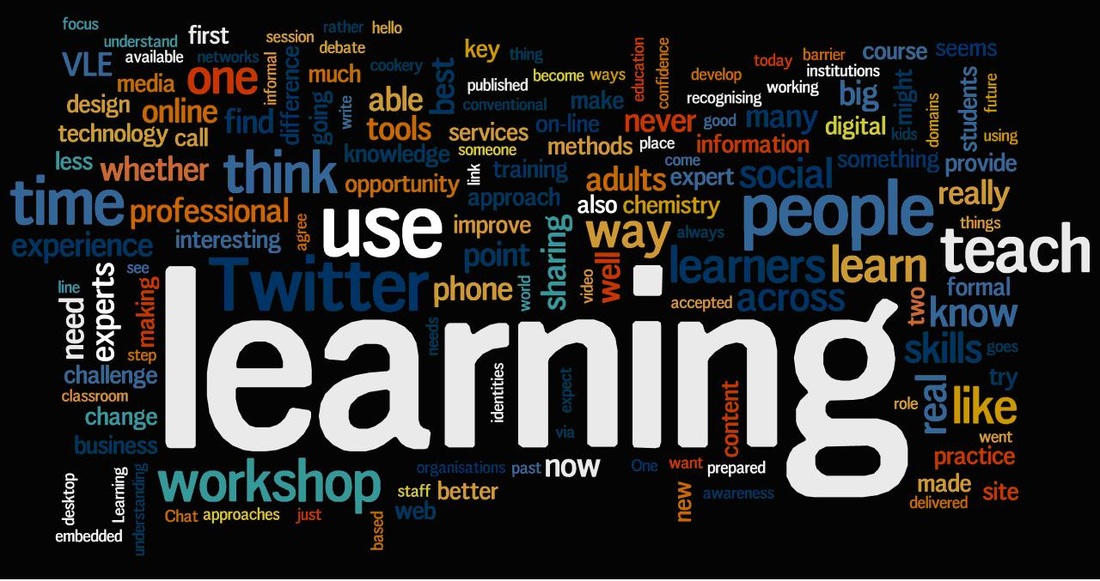
The following are snippets of advice I would give to new teachers entering the profession that will enable you to progress towards becoming the best teacher you can, and enjoy your chosen career choice. I truly believe teaching is one of the most rewarding vocations that exists, students will surprise you every day with their outlook on life and conceptions. It is a profession that will keep you young, challenge you every day, and make you smile.
2. Become involved in the school community – make a point of introducing yourself to the staff, visit the staff room regularly. All too often staff huddle in their own areas and it’s too easy to just converse with your department. Join the staff sports teams, go for a drink after work on Friday with your colleagues, they will become your closest allies and friends. Volunteer to assist with clubs and trips, get to know the students who you don’t teach, one day you may, and these relationships are invaluable.
3. Cherish the positives – keep all cards, gifts, letters of thanks from parents, staff and SLT and tokens of appreciations close by. This will remind you that you are making a difference, you are valued, and what can seem like a thankless vocation at times is worthwhile and highly important.
4. Be tidy, be organised – having a clean and tidy learning environment portrays a sense of pride and care. A classroom with visual and captivating displays, not only provides stimulation for the students but instills a positive learning purpose. Ensure all graffiti and vandalism is removed and fixed, the broken window theory is very relevant to teaching, and if left will only encourage more undesirable conduct. Make good use of your planner, make notes from every meeting you attend you will be bombarded with information of a daily basis.
5. Accept you will sometimes be wrong – Making the odd faux pas is inevitable. Never hide this, its important to accept your error, as it will demonstrate you are only human and reasonable, and will be beneficial, enabling you to build professional relationships with your students. With that said don't make it a frequent occurrence!
| Respect is built through fairness, positivity, warmth, expertise and an ability to inspire and motivate. | |
Planning will consume the majority of your first year of teaching, but pays off in future years when you will have a bank of resources to use. The 5 minute lesson plan by @teachertoolkit (https://www.5minutelessonplan.co.uk) is useful, although will take longer than 5 minutes to complete initially. It will come into its own towards the end of your training when you are able to refine your planning process, summarizing the key components. Ensure you seek advice and guidance from other staff when planning, you are not alone.
7. Develop your own style – be yourself, watch others, learn from them, but go with your strengths and your true personality when teaching. It is important to be in your comfort zone whilst teaching, you are being observed by 30 students every hour. You will meet and observe staff who are highly extravert and extremely exuberant; some will sing to their classes, and are very captivating. It takes a certain person to carry this off, it this is you great, if not be cautions it can end in embarrassment. Be the teacher you are.
| 8. Unplug and switch off – it can feel as if the working day is never over, there will always be more books to mark, more lessons to plan, more resources to prepare and more emails to answer. You must have a life, learn to say “That’s it, I’m finished for the day”. A healthy well-being and varied interests outside of work makes you more productive, efficient and an interesting person. |

10. Don’t feel you need to reinvent the wheel – your time is limited and valuable, and although producing all your own resources is commendable, adopt, tweak and build upon what is available. There is a huge amount of resources out there to assist you, such as The TES Resources website, which is the first port of call for many teachers. There are thousands of teachers with websites that contain excellent resources, bookmark the best and refer back to them frequently. Amjad Ali (@ASTsupportAAli) has a fantastic website containing hundreds of useful teaching and learning activities and ideas http://cheneyagilitytoolkit.blogspot.co.uk, so does Danielle Kohlman’s Magpie and Try website http://magpieandtry.blogspot.co.uk. Don't reinvent perfect!
11. Observe others regularly – use your protected non-contact time to watch other staff teach, from within your department and across the school. Everyday there will be outstanding lessons delivered, by excellent practitioners, observe this, gather as many tips, techniques and strategies as you can. Watch drama, music and science teachers to see how they manage group work and students moving around the class. Watch history and RS teachers to see how they manage discussions, and English and mathematics teachers to gain experience of delivering and enhancing literacy and numeracy.
12. Value and maximize support staff – Use teaching assistants to your full advantage, get to know them, incorporate them in your planning process, they are an extra set of eyes and ears and will take guidance from you. Give them an indication of what will be covered in the next lesson, via your lesson plan or a conversation.
Technicians are priceless; from a science teacher’s point of view they are the font of all knowledge, and the foundations of the department, possessing a huge amount of knowledge and experience. Seek their opinion, tap into their wisdom, and ask them to show how to carry out practical’s correctly and safely.
| 13. Keep learning – this applies to both your subject knowledge and classroom practice. In your initial stages of your teaching career your personal focus should be on your subject knowledge. There will be whole school training on BfL, AfL, differentiation, marking, feedback and many more. You are to some extent, left alone to develop you own understanding of your chosen subject. Take time to read up on your subject as part of your planning. Subject knowledge is key to becoming an established practitioner, ensure you are the expert in your field. Complete past papers yourself under exam conditions, this will give you a huge insight into what the students are going through, the marking criteria and your level of competence. Attend TeacherMeet sessions, these are free CPD session organized by current teachers for teachers across the country within region (either a city or county) to share teaching ideas and practices, all of which are free. In some cases you will even walk away with a goody bag!! Sign up, you will walk away inspired. |
15. Use technology - technology will never replace teachers or be a substitute for them, but teachers which use technology effectively will replace teachers who cannot. Students relate well to digital technologies and use them everyday, we all do. Your Year 11's will be younger than iTunes, and have grown up with mobile devices and social media. Used well it saves a huge amount of time, engages students, and prepares them for careers in a rapidly advancing technological society.
16. Go armed with a seating plan - a seating plan will enable you to learn the names of your students quickly, and ensure you establish a productive learning environment. You must have the latest in-depth data of each student when composing your plan, so you can separate undesirable combinations of students, are aware of SEND considerations and academic data so you know how to pitch your lessons. A seating plan is the most fundamental tool in the behaviour for learning toolbox. Do not let students sit where they want; you are in control of the class, you decide where students sit based upon the most effective learning arrangement. Make it clear to the students from the very start, that you reserve the right to move any student, at anytime if you deem them are not working effectively.
17. Be enthusiastic, be positive, be passionate – times will be hard, you may feel that there is no end to the demands of you, but the gusto for what you do is paramount. Your optimistic zeal will spread resonance, priming good feeling within the students you teach. By creating a reservoir of positivity that frees the best in your students, inspires, and arouses a passion within them, will enable you to be successful in ensuring they fulfil their potential, and enjoy the experiences within the lessons.



 RSS Feed
RSS Feed
